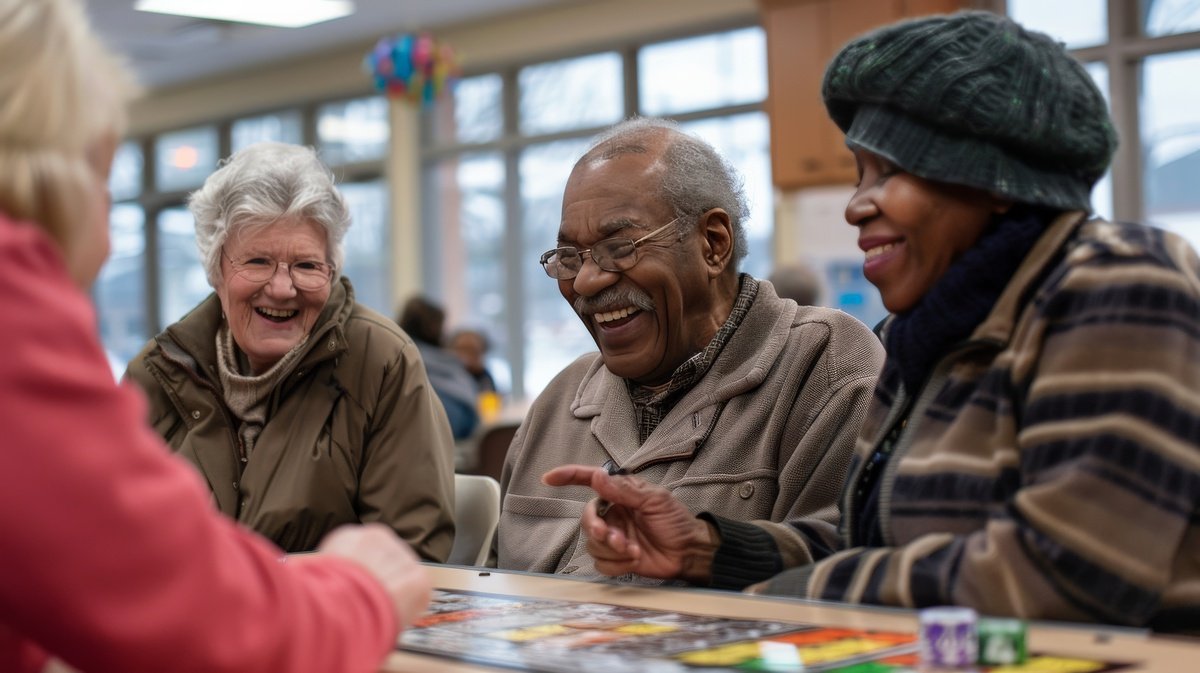“Take me home, country roads, to a place I belong…”
Many older adults living with mid to later stages of dementia often express a need to “go home” or a sense that they do not know where they belong.
Due to the disease process, they may have lost their sense of self and a sense of control in their lives. As caregivers and loved ones, we strive to come up with ways of bringing out their personalities and the unique person that they are.
Music is one of the only activities that uses and stimulates the entire brain at the same time.
There are numerous benefits through engagement in music therapy services by a board-certified music therapist. Through interventions such as singing and instrument playing, individuals living with dementia and Alzheimer’s disease are provided an opportunity to communicate and to express themselves when the spoken word might be lost.
When engaged in singing and other music activities, one is utilizing different pathways in the brain, thus often being the reason why an individual can sing the words to an entire song but cannot speak.
A music therapist is able to help create such a pathway for individuals in the later stages of dementia through singing and instrument playing.
Here is a beautiful example of the connection music can instantly make. Mr. Jones had lost the ability to speak for the most part, but he was able to sing along to “Take Me Home, Country Roads,” (a preferred song of his as he was originally from West Virginia).
His wife was then able to sing the song together and connect with her husband in a way that they had not been able to do in years. Not only was he able to make a connection with his wife through verbal words that were sung, but he was also able to communicate non-verbally while playing the paddle drum during the song.
Other benefits of music therapy include the following:
-
Rhythmic auditory stimulation (RAS), improve and enhance an individual’s walking tempo, balance, and control of their muscles and limbs, thus improving a person’s balance. This is done through the use of a metronome or a song with a strong rhythmic pulse.
-
Singing familiar songs can contribute to memory recall, reminiscence, and life satisfaction.
-
Engagement in music interventions can also exhibit positive changes in mood or emotional state, thus reducing stress, anxiety, and depression.
-
Music therapy interventions can be a great way for seniors to have a sense of control through a successful experience.
-
Music can also be used as a non-pharmacological method for pain management.
-
Interventions such as movement to music and dancing can provide a form of exercise, strive to work on gross motor goals, and provide an additional form of self-expression. Dancing can be a form of emotional intimacy between spouses as well.
-
By playing a percussion instrument such as a shaker or a cabasa, an individual can improve their fine motor skills such as finger dexterity.
Overall, the use of music and music therapy services can improve an older adult’s overall quality of life and feeling of wellness.
As we continue living through a global pandemic, music therapy is an excellent and proven way to combat isolation and loneliness experienced by seniors on a daily basis. It is a necessary form of therapy that positively impacts the health and wellbeing of seniors in every way.
As neurologist Oliver Sacks once put it, “Music is emotion, and emotion can bring with it memory. It brings back the feeling of life when nothing else can.”
—Claire MacHenry, MT-BC, AAP, CDP
Associate Care Manager
Share This Article



